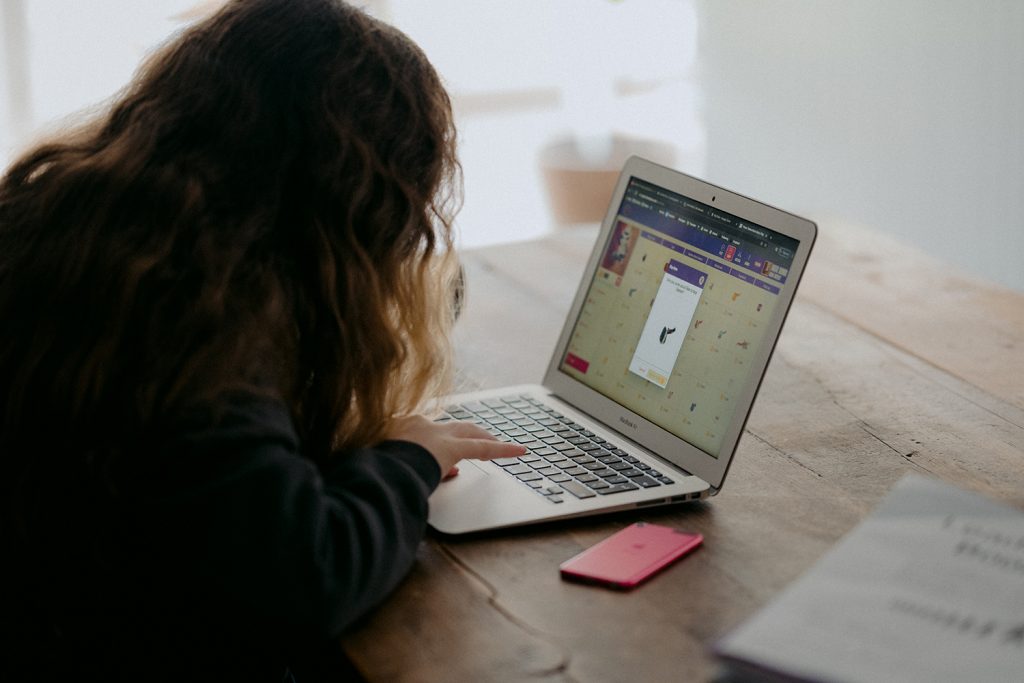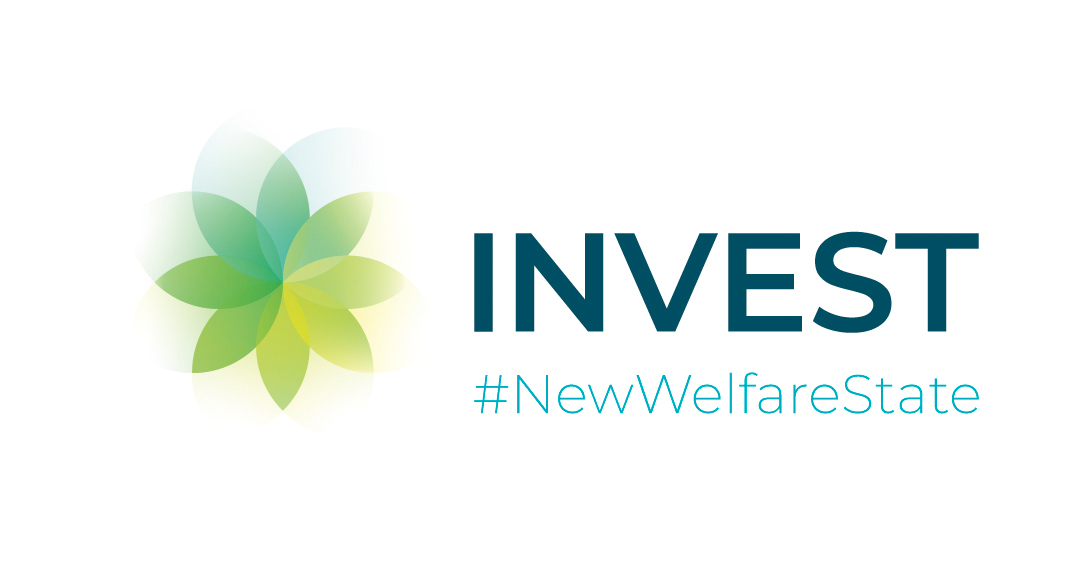Experiences from the corona spring: the studying went mostly well, but distance learning was also a big relief for many students

Sanna Herkama & Juuso Repo
Translation Anna Murgo
INVEST Blog 7/2020
INVEST Psychology and KiVa Programme research team at the University of Turku offered Finnish KiVa schools an extraordinary corona survey to be filled in 4-13 May 2020. The survey was available for all grades of comprehensive school (grades 1-9 meaning 7-16 years of age) and contained questions regarding distance learning, availability of support, peer relations and well-being during the state of emergency. 48 338 students from 416 schools participated in the survey. The purpose of the survey was to offer schools and other practitioners tools to plan their actions and support next Autumn. This abstract offers you some preliminary results of the survey.
Distance learning mostly successful
Learning from home has gone well for most participants. The survey shows that distance learning brought positive effects: the students felt their schedule was more relaxed (78%), learning environment was calmer at home than in school (67%) and they had learned to study online (73%). The vast majority felt that their relationship with the teachers had remained good, and as much as 17 % stated that they had received even more help than normally. Most pupils reported that they had managed to complete all the assigned tasks (59%) or almost all of them (35%). Most typical forms of distance teaching were tasks sent by the teachers (95%) and video conference lessons (92%). Also mentioned but rarer forms of teaching were individual discussions with the teacher (37%) and discussions in small groups outside of regular student lessons (41%).
Challenges connected to distance learning
Most problems were encountered in mathematics, foreign languages, and science. If the respondents hadn’t completed all the assignments, it was because they hadn’t understood the assignment or didn’t know what to do. Equal amount of respondents viewed that not completing their tasks was due to difficulties in getting started and concentration. Almost all the respondents had been helped by their parents or guardians (90%), school’s adults (83%) or peers (69%). The amount of time used for schoolwork varied. Lower secondary students (13-16 years of age) reported difficulties more often than primary school children.
Distance learning brought relief to peer relations
Up to one third of the respondents reported having done more pleasant things at home than normally, either with their parents (29%) or other children (35%). 38% viewed that they had argued less than usual with their parents. The missing relationship with the teacher or peers correlated with other problems to a greater extent than having to spend the days at home without the presence of an adult. Although many reported missing their friends, 28% of lower secondary school pupils reported that they were relieved not having to be in touch with their classmates. Nearly half of the respondents (42%) pointed out as one of the best sides of distance learning the reduction of bullying. This means that, clearly, bullying affects a great portion of pupils. Almost 6% of the respondents reported that they had been bullied before the emergency state. During distance learning, approximately 2% reported having been bullied repeatedly, meaning that studying remotely has offered a significant break for thousands of children and youth in Finland.
Some pupils need desperately help and support
Difficulties in peer relations and contacting the school’s adults seem to correlate with the problems in learning, increasing concerns and mental health problems. The number of pupils suffering from loneliness and anxiety seem to have increased slightly, especially when comparing the results of lower secondary students’ answers in this survey to the School Health Promotion study conducted by the Finnish Institute for Health and Welfare in 2019. Moreover, 12% felt that they had had difficulties in contacting the teacher. Especially this portion of pupils seems to have had more problems related to distance learning, mental health and peer relations. The possibility that problems could accumulate especially among those pupils who have not been in contact with their teacher at all, is worrying. Another worrying fact is that many students haven’t received support although they would have needed it. Of those pupils that felt a need for support from school’s adults with their mental health, 29% reported that they did not get it. Consequently, 41% of those who reported a need for school-external services remained without them.
Conclusion
The group that took part in the survey is large and thus gives quite reliable picture on the experiences related to distance learning and peer relations during the state of emergency. However, it is probable that those students who found distance learning especially challenging didn’t take the survey. If they had participated, the results could differ to a great extent from what we have reported here.
In the future, it will be increasingly important to focus on social relationships and the feeling of security and being accepted in school. As for peer relations, their reinforcement requires actions by various societal practitioners: supporting services, youth work, leisure activities and associations. They must work actively and collaborate in order to assist children and youth. Already functioning practices must be adopted even more effectively so that teachers get the support they need for their work.
According to these findings, we should focus especially on individual students and those who haven’t been able to contact their teachers or other school’s adults during the state of emergency.
The survey was conducted by INVEST Psychology, KiVa Antibullying programme, University of Turku
The Authors
Sanna Herkama, PhD, works in INVEST Psychology as a Senior Researcher. Her interests include the well-being of children and youth, especially bullying, and the development, evaluation and research of school-based intervention programmes. Twitter: @SannaHerkama
Juuso Repo, M.Sc., Works in INVEST Psychology as a doctoral student. He is preparing a dissertation on school well-being and prevention of bullying. Repo’s special interests are evaluating of impact and utilizing survey data in community development.
